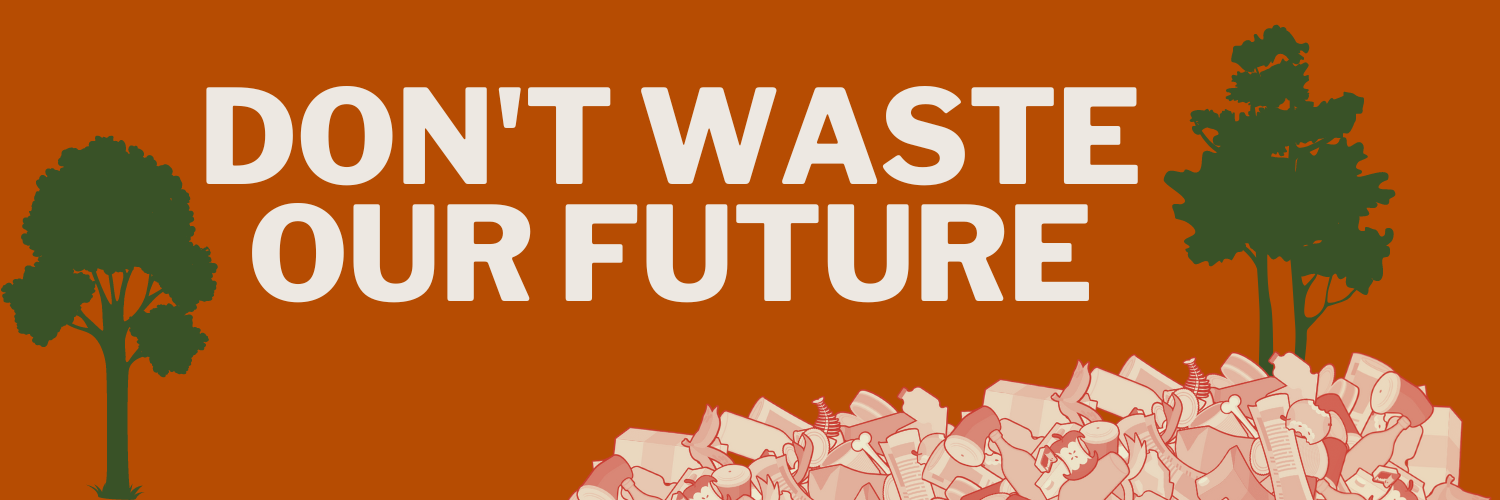Why Diverting Trash From Landfills matters
Diverting Trash from a Landfill Can Improve the Environment AND Create More Jobs
The take-make-waste economy uses up precious natural resources, harms communities, and contributes to climate change. It’s also costing us all a lot of money. But from a jobs perspective, how does it stack up? Most waste industry workers are employed by private subcontractors who are not unionized. Unfortunately, the collection of refuse and recyclables is the 7th deadliest occupation in the United States. Importantly, the Teamsters union represents tens of thousands of waste truck drivers and other workers; they fight for higher wages, decent benefits and better working conditions.
We can create even more jobs and economic value when a community does more than use and trash. Through organic waste diversion, reusing, recycling, composting and remanufacturing, workers create valuable products and services: Organic waste needs to be hauled, aluminum cans need to be recycled, and compost is used in farming, and each of these creates jobs. If we diverted waste, we would also create jobs building new facilities for diverted materials.
Gaia’s 2021 report, Zero Waste and Economic Recovery: The Job Creation Potential of Zero Waste Solutions, studied jobs data from 16 countries and found that landfill/incineration creates 1.8 average jobs per year, per 10,000 tons of material. Meanwhile, composting creates 6.6 average jobs per year, per 10,000 tons of material, and semi-mechanized recycling creates an average of 321 jobs, per year, per 10,000 tons of material. Job alternatives to landfilling/incineration often provide more stable employment and higher wages. In California, just looking at organic waste diversion, CalRecycle estimates that by 2025, diverting and recycling an additional 20 million tons of organic waste (that are currently landfilled), will create 11,700 permanent jobs and more than 80 new or expanded compost or anaerobic digestion facilities.
Organics and waste diversion is a ‘win-win’ opportunity for jobs and the environment. As this important sector of the economy grows, it’s critical that job safety, family-sustaining wages and accessibility to all workers, particularly historically disadvantaged workers due to structural barriers such as racism.
